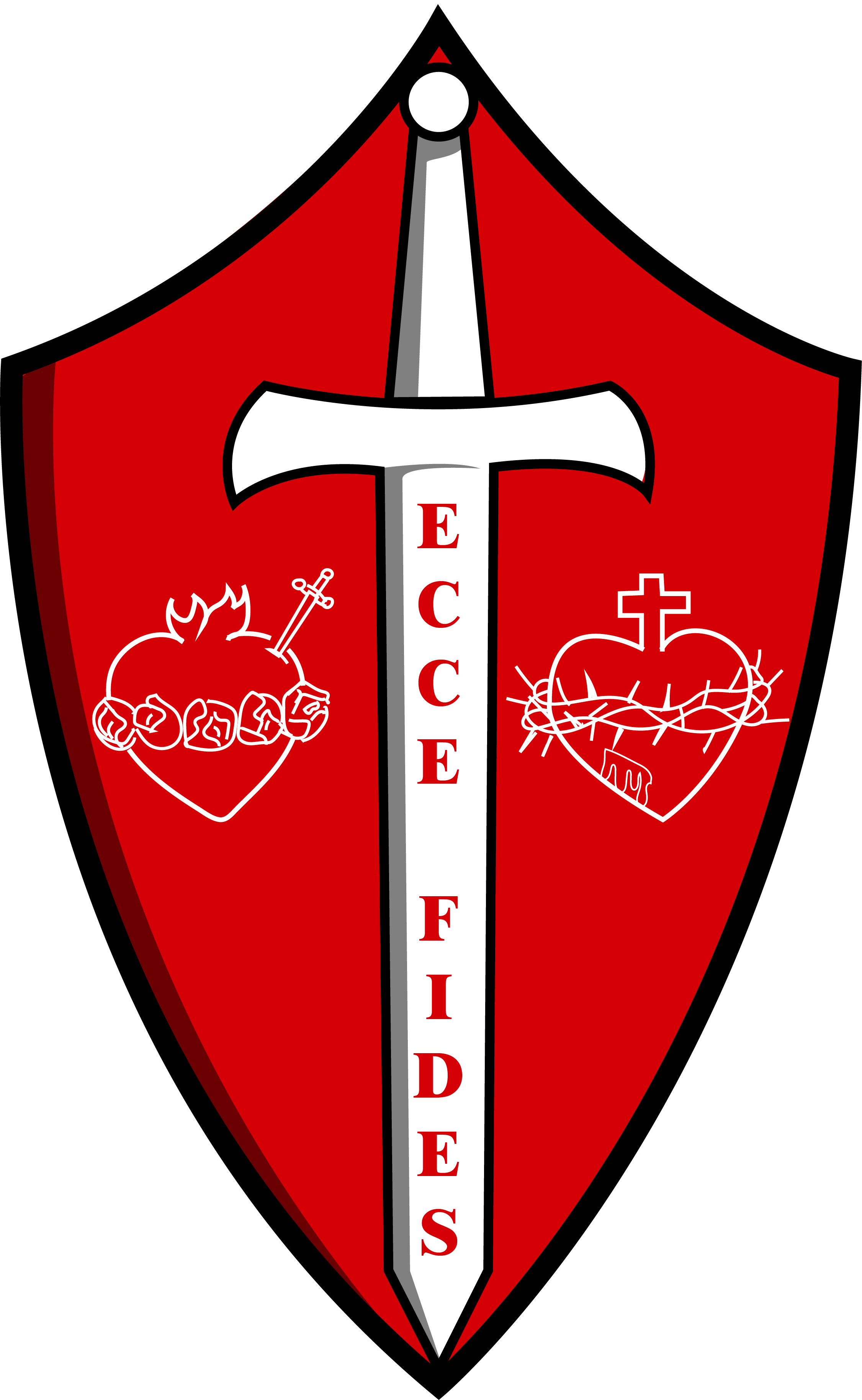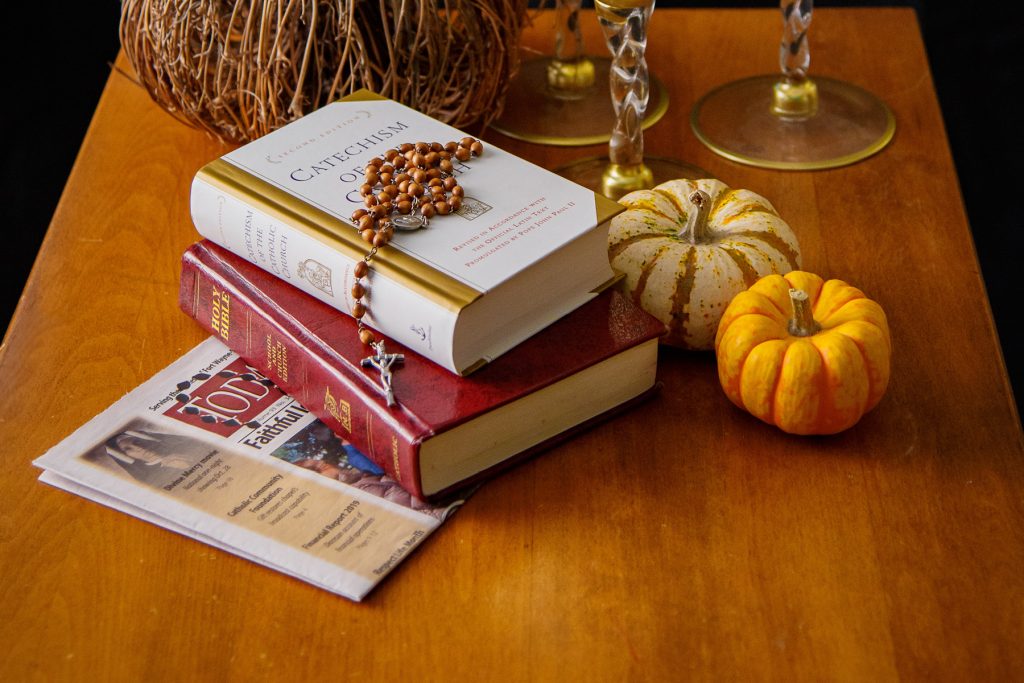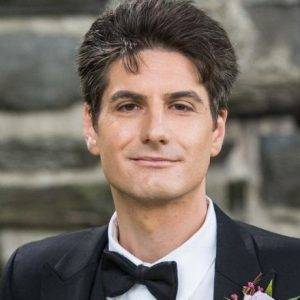Recently, an agnostic stoner friend asked if I believed Satan to be “a singular entity like God, bipolar, or a state of being.” A mutual friend of ours from long ago had succumbed to cancer. Another friend of ours felt terrible that he ended his relationship with the deceased on such bad terms. The four last things were fresh on our minds.
Quite loftily, I described to her how, as Catholics, we believe demonic forces influence our lives. We usually refer to “the devil,” indicating by the term the leader of these creatures, although it may also include the numberless army of demons. While the Church has long taught the existence and power of the devil, the precise number of demons and the extent of their power is open to theological debate.
She asked me to explain this more, so I cited Luke 8:30.
To Christ’s question about the name of the unclean spirit, the answer forthcoming was “Legion,” “because the demons who had entered him were many.” When the demons act together, “the concord of the demons, whereby some obey others, does not arise from mutual friendships, but from their common wickedness whereby they hate men and fight against God’s justice. It belongs to wicked men to be joined to and subject to others whom they see to be stronger in order to carry out their own wickedness” (ST I:109:2:2).
It is easy to see how and why gang members, serial killers, and even black metalheads emulate the demonic. The critical thing to remember is that it is principally internally where the devil/demons exert their influence and subtly lead man into sin. This he does by insidious suggestions trying to dispose of our will. He can work on the imagination with images and bodily senses. But the devil cannot force the will, which remains man’s ultimate citadel of freedom, control, independence, and responsibility.
I mentioned how in the U.S., there is a particular read of Christianity because Protestantism is still the dominant strain here. Since Protestants typically use the Old Testament according to the King James version of the Bible, the editors of the King James Version were instructed by King James I of England to make sure that the translation was in harmony with the theology of the Church of England. In addition to omitting the Deuterocanonical books of the Old Testament: Tobit, Judith, Wisdom, Sirach, Baruch, 1 & 2 Maccabees (as well as portions of the Books of Esther and Daniel), language changes were made. Similarly, references to concepts familiar to Catholics but rejected by Protestants, such as purgatory, prayer for the dead, the intercessions of saints and angels, etc., shaped divergent views on heaven and hell.
I informed her how Catholics and many Eastern Christians use the Old Testament according to the Hellenistic Jews, which includes the deuterocanonical books. In those days, saying you were Jewish was like saying you were an American. An African-American man and an Arab woman are both Americans but can have vastly different views of what it means to be an American. In the same way, before the Jewish exile, there were various kinds of Judaism: Pharisees, Sadducees, Essenes, Zealots, etc. Protestants chiefly use an Old Testament based on the texts the Pharisees chose to view as canon in the aftermath of Christ, the Siege of Jerusalem, and the destruction of the Second Jewish Temple. The version Catholics use is a broader canon that comprises the books most Jews at the time would have recognized as canonical.
She said this explained why Protestants sometimes seem to have literalistic attitudes when reading the Bible. I concurred and noted how in contrast, Catholics and Eastern Christians acknowledge a certain mystical quality outside the texts, which elucidates meaning. The latter groups call this concept “tradition,” but a better phrasing would be “the traditional meaning handed down from the apostles of Christ.”
She then asked me whether I felt viscerally and inherently that human nature is more malevolent or benevolent.
“Because being born in God’s image but also with original sin, where does that leave us?”
I responded, “Catholics believe both are within every person.”
Before I could expound on my answer, she asked more pointedly.
“Who is usually at the wheel, though? I say that both metaphorically and literally. I know we possess both the light (God) and the ego (original sin), but it feels like the ego is in control which would allude to humans being deeply flawed. It is so frustrating.”
I got down to brass tax. I answered, “For good people, it is the light—for bad, the dark. But even the evil have light (God) within them, and no one is beyond saving through the propitiate sacrifice of Christ on the cross.”
We have talked much since then, and she thanked me for my insight as she continues what I hope will be a path toward a fruitful spiritual journey. However, what stuck out to me was how universal her questions were. If I can still call myself a young person, one thing I wish people our age would come to terms with is we are not angels. We have flaws. It is what makes us human.
Between dating apps and social media, it is easy to see how we have come to view relationships as far too transactional now. It is easy to lose stock of what is meaningful and forget how our words and actions affect our relationships with other people. Events can change us for the better and also the worse. It is why folks fall in and out of love. Of course, people cannot accept that, but it is all part of growing up.
It is why you cannot view everything scientifically. Massacres and miracles happen every day that defy explanation. If only we could put people into boxes and have them never change and stay young, beautiful, and kind forever. Hopefully, our dear friends will learn that lesson in time. For now, let us be thankful for the friends and conversations we do have that bring us all closer to Christ.
To read more from Josef Luciano or to contact him directly, please visit www.josefluciano.com.


